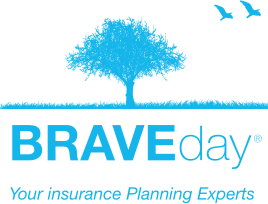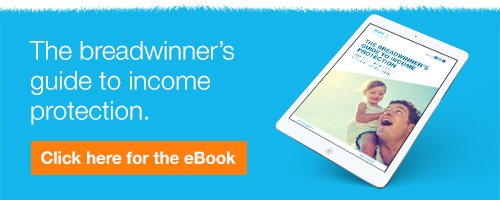What’s the best income protection for self-employed workers?
The fact that you cannot opt out of ACC is a common bugbear among the self-employed. So at first glance, paying for both ACC and private income protection insurance can seem like you’re paying for injury cover twice. As mentioned earlier, ACC covers accidental injury only. Income protection, on the other hand, covers illness—both physical (e.g. cancer) and mental (e.g. depression)—overuse injuries, and accidents.
The good news is that there are two ways to make your cover more cost effective: utilising ACC Cover Plus Extra and leveraging your mortgage.
back to top^
Do I have the right type of Income Protection?
The difference between agreed value and indemnity cover is the amount of certainty at claim time.
Agreed Value policies require you to prove your income when you apply (usually an average income over 2 or 3 years - helpful with you are self-employed and your income fluctuates).
Indemnity policies require you to prove your income at claim time (which isn't always easy).
We recommend products that provide certainty at claim time - so you get what you are paying for. Where possible, we recommend Agreed Value policies.
back to top^
How much does it cost?
This isn’t really the question you should be asking. It’s better to ask how much you can afford to lose if you were sick or injured. Despite that, we know the reality is that ongoing premium costs are a big factor in your insurance choices. To help you get an idea of your costs, we’ve put together a few of the factors that your insurance provider will consider.
back to top^
Is Income Protection insurance tax deductible?
If you have an indemnity value Income protection insurance policy the premiums are tax deductible as part of your personal income tax return. However, if you choose to do this then it is important to be aware that in the event you make a claim on your income protection policy, then the proceeds of the claim will be treated as taxable income.
If you have an agreed value income protection insurance policy your premiums aren’t tax deductible, the good news with this type of policy is that this means that your benefits are tax paid at claim time. It also often means that your sum assured is lower (as the percentage of income you cover is calculated differently and this can mean that your premium can be lower than an indemnity income protection policy.
back to top^
When I claim, how long do I need to wait before I get my money?
You choose - most people go with either one, two or three months… the longer you can wait, the more affordable your premiums. That's why it's important for you to think about how quickly you would need the money if you got sick and couldn't work.
Most insurance companies pay their income protection policies in advance. For example, if you have a one-month stand down and are off work for a month, your policy will begin paying at the end of one month. Others pay in arrears, so if you have a one-month stand down period and you're off work for a month, you won't receive your payment until you have been off work for two months.
Your stand down period has a big effect on how much you pay in premiums - the shorter the stand down, the higher the premium. Consider how much income you need as a minimum and think about whether or not there is more than one income coming into your household.
It really depends on your situation… that's why you need our advice.
back to top^
How long does it pay for? Well that depends…
There are numerous options you can choose. We recommend as long as you can… right through to retirement age. That way when a claim happens you keep receiving your money until your doctor says you can go back to work, or if you can't go back to work you receive your money right through to age 65 or 70.
By choosing the longest payment term, you have the most choice at claim time. If you were to claim in your 30's and could never work again, a five year payment term would not be sufficient to provide for your family long-term.


